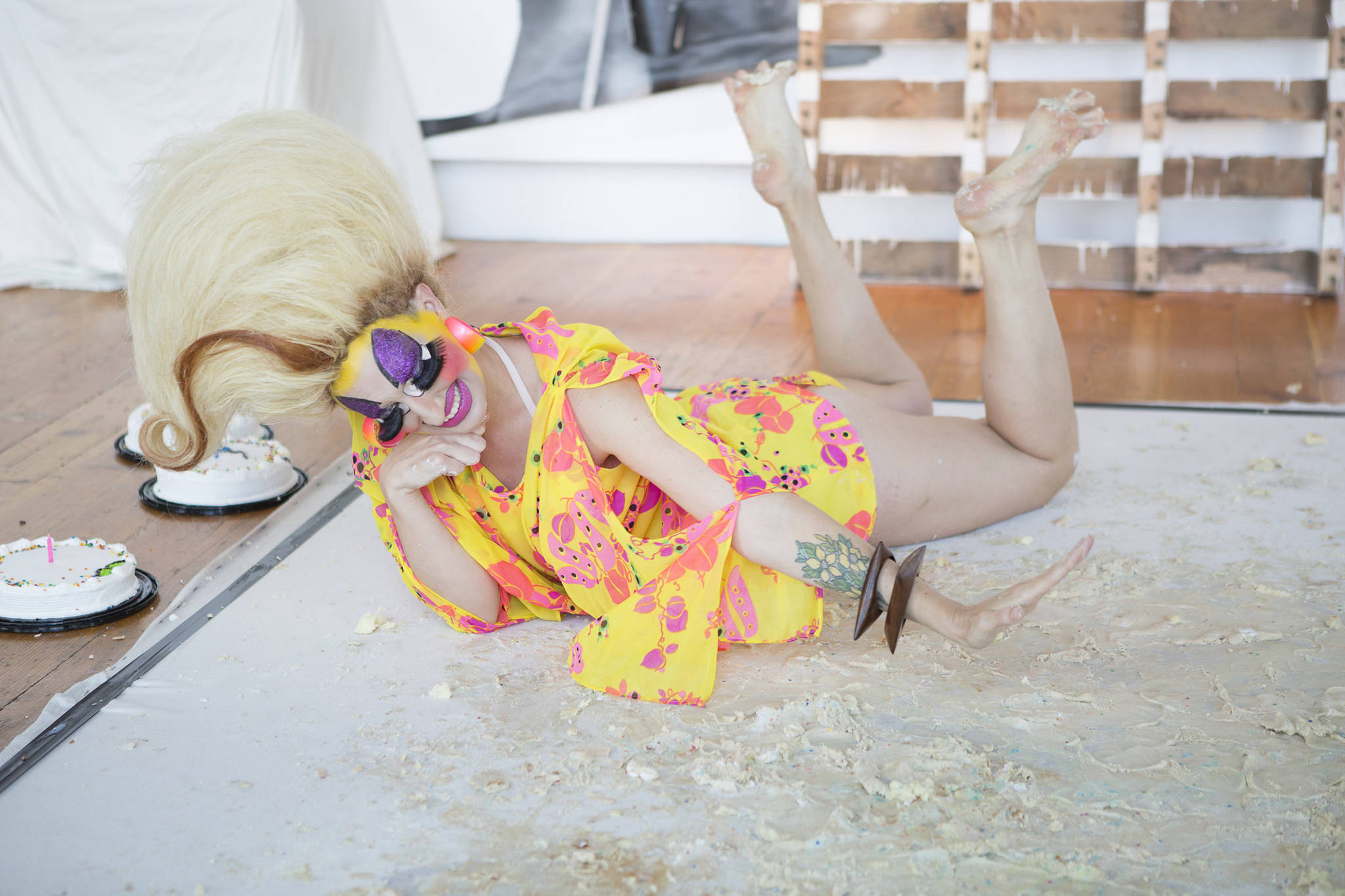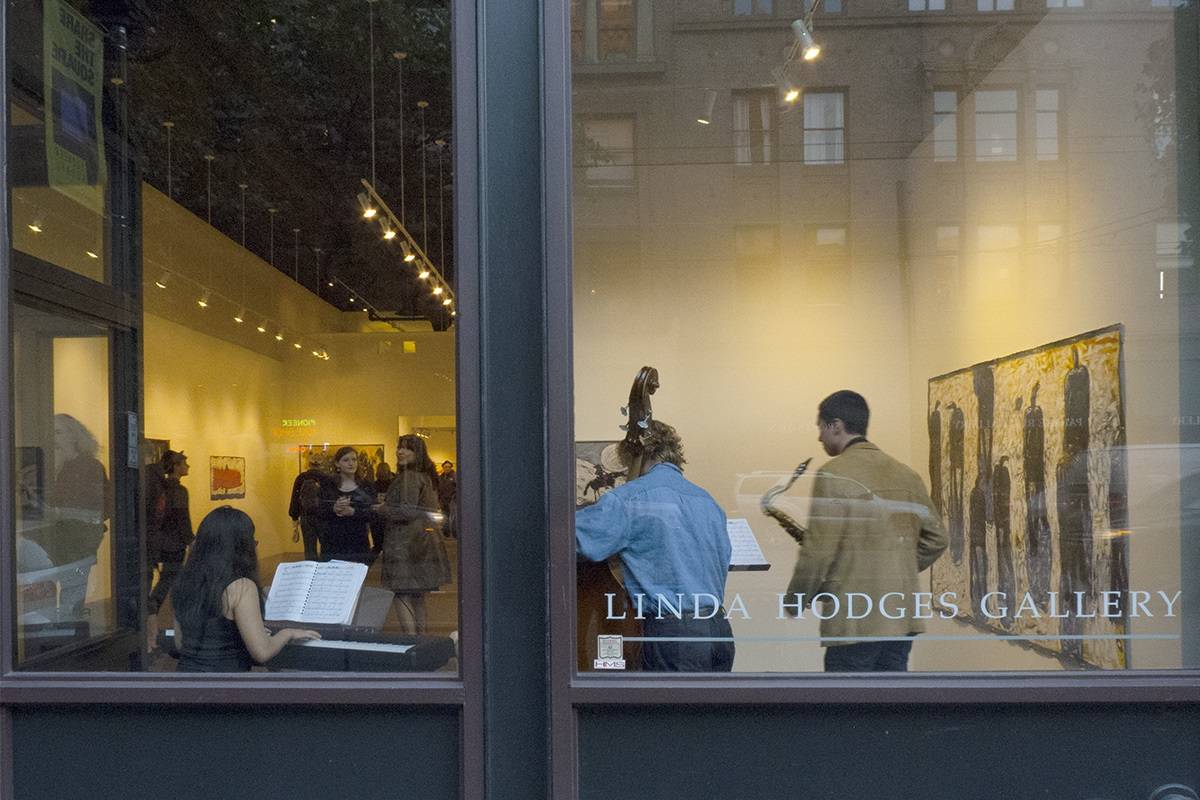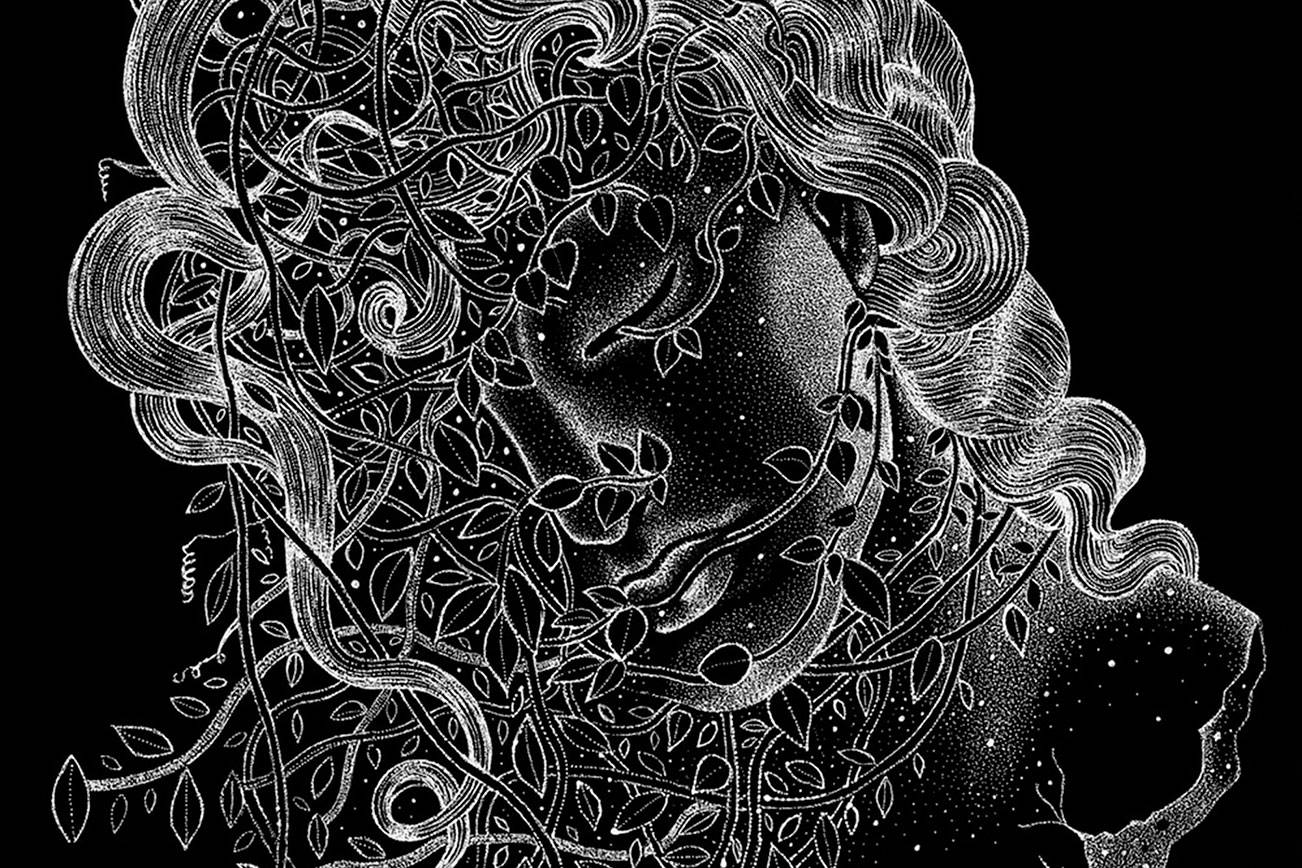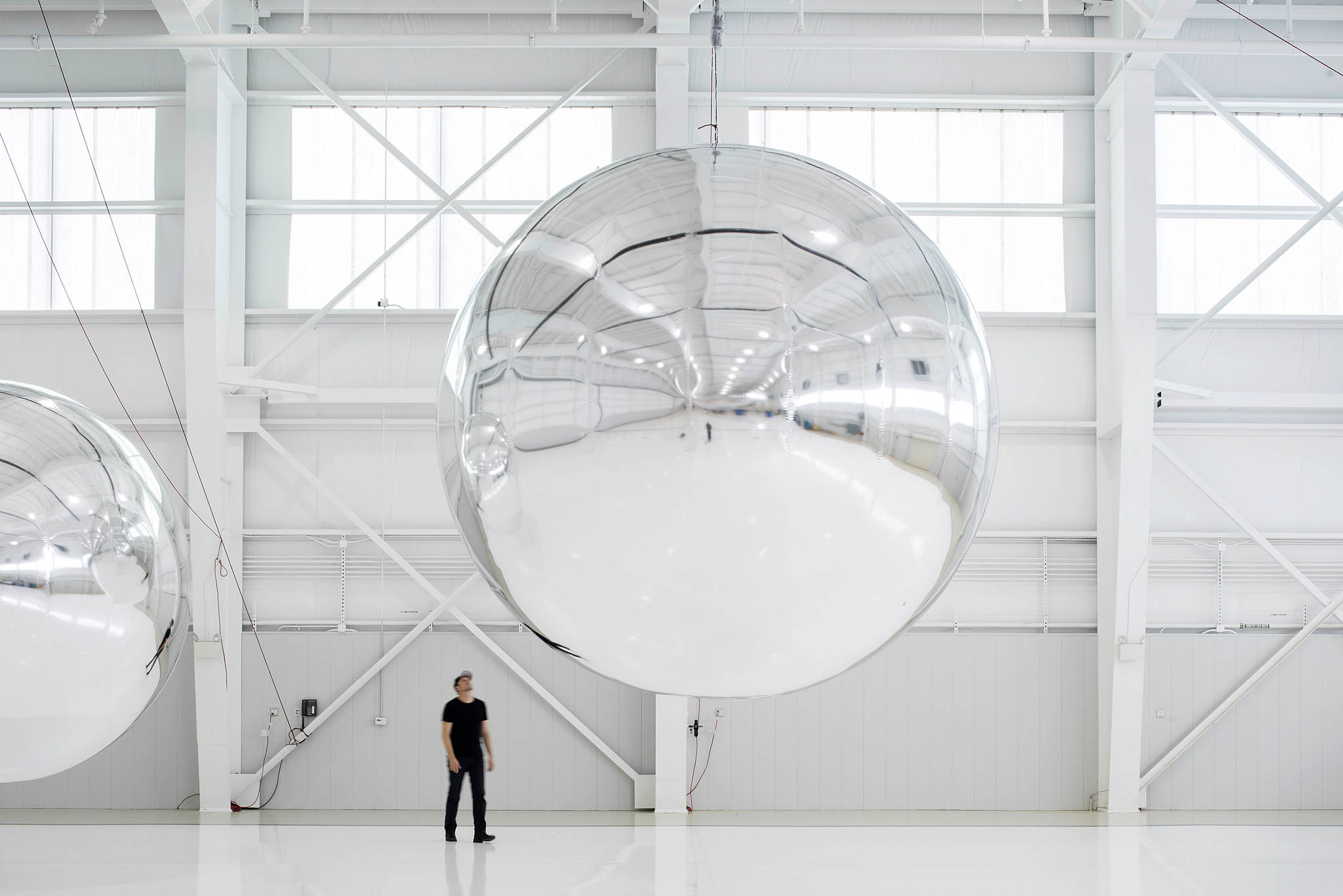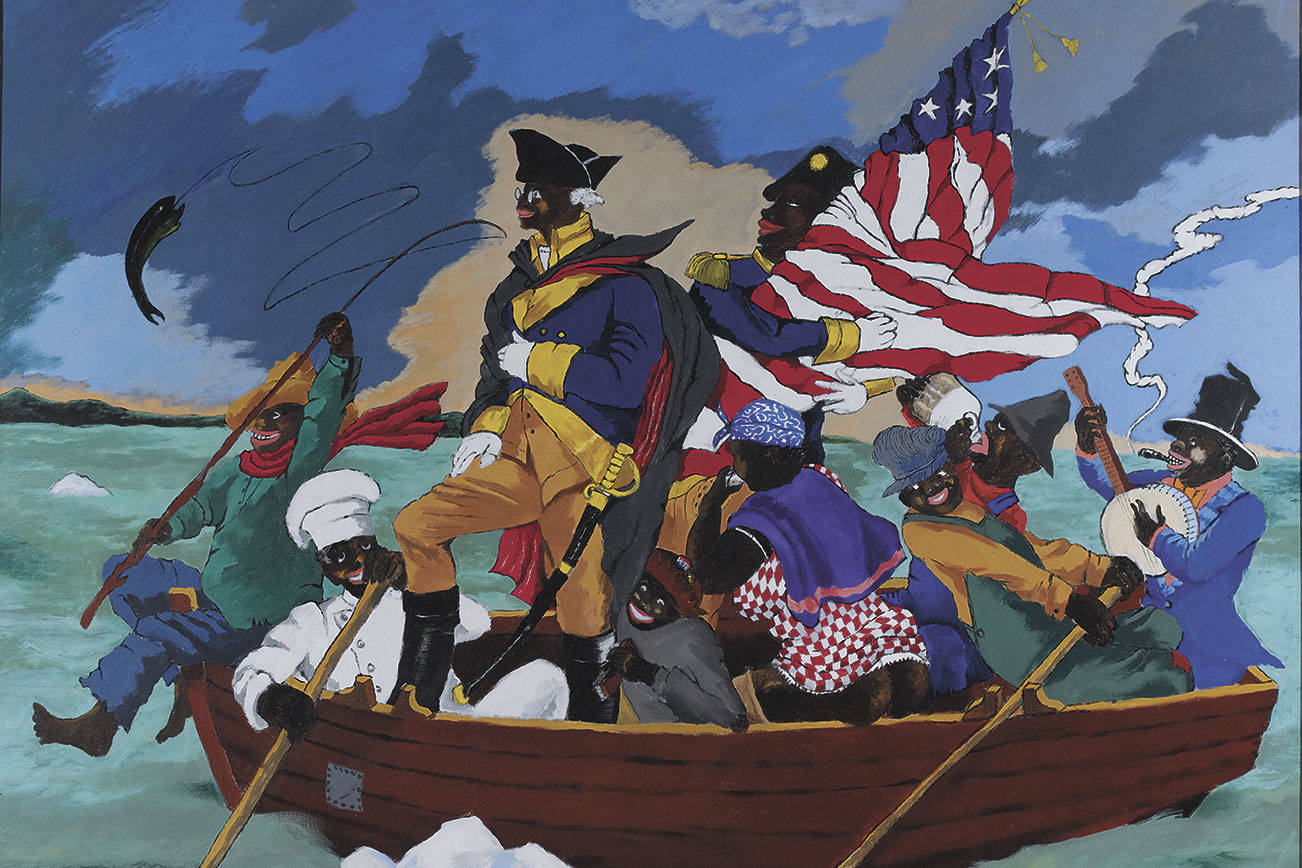This week, on March 29, Yellow Fish // Epic Durational Performance Festival returns to Seattle after a one-year hiatus. It’s still the only festival of its kind in the world, but for that to matter, one has to have a clear idea of what durational performance is.
Put simply, the medium of a durational performance is time itself, and Yellow Fish was founded by artist Alice Gosti to help audiences and artists alike really tease out what that means. For an example of this concept in action, I can think of none better than the inaugural performance by Gosti herself on July 1, 2013, at Hedreen Gallery.
Over several hours, she wrapped herself in toilet paper until she was a slowly moving mass of tissue, from which she then emerged with some difficulty. It was meditative and only slightly uncomfortable for observers as Gosti took a simple concept to extremes. Her cocooning was downright cozy, compared to some of the wild, theatric, violent durational works by 20th-century champions of the mode (e.g., Marina Abramović, Jan Fabre). Passersby could glimpse it happening without context through the gallery’s large, tall windows. Those who were more curious could come in and learn more.
This was true of many performances throughout the weeks that followed. Some invited audience participation. Some didn’t require an audience at all. Some left artifacts, which were assembled at the end of the festival, along with Gosti’s torn cocoon.
Performances and concepts have ranged from touchingly personal to completely esoteric (and occasionally insipid). The primary qualification for Yellow Fish is that the performance be an hour at minimum and 48 hours maximum. In most cases, an observer can get the idea within a few minutes, and then their imagination alone is sufficient to understand how the seed of it must inevitably germinate and terminate. The artist must see it through, not others.
Those who perform will learn a lot about themselves in the process. Contemporary culture is impatient, and entire services are built around greater efficiency and instantaneity for everything in life. Artists are not immune to this tendency, and durational performance can be a sort of time detox.
But it is not merely self-indulgent. By exhausting one’s body or a single idea, new ideas follow. Musicians know that a jam session may last hours and yield only a few minutes of quality material. Those who meditate know that a single session isn’t going to yield enlightenment. (In 2015, artist D.K. Pan actually led prolonged meditation circles with gallery-goers as his performance.)
The roots of durational performance are thus quite ancient, not in the 20th-century avant-garde. For example, there is the tea ceremony, first developed in China to keep monks from dozing off during prolonged meditation and later developed into a full aesthetic experience in Japan. One of the artists for Yellow Fish XVII is Natasha Marin, who has conducted her own syncretic style of multimedia tea ceremonies around the world for nearly a decade. She describes them as “one part tea, one part time and one part technology.” It’s not clear what Marin has in store for audiences, but she is a perfect fit for the festival’s ethos.
As winter slowly dissolves into spring, we are all ready to emerge from our proverbial cocoons and start fresh. It’s a prime time to ponder time itself.
Yellow Fish // Epic Durational Performance Festival, Various Locations, facebook.com/yellowfishfestival. Free. All ages. Performance times vary. Wed. March 29 – Sat., April 8.
